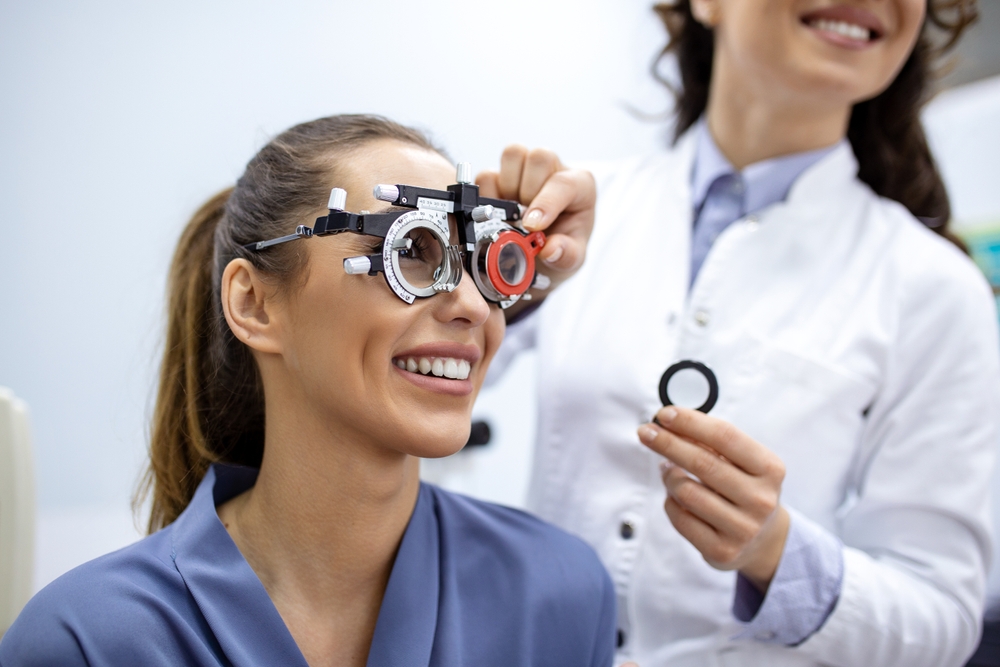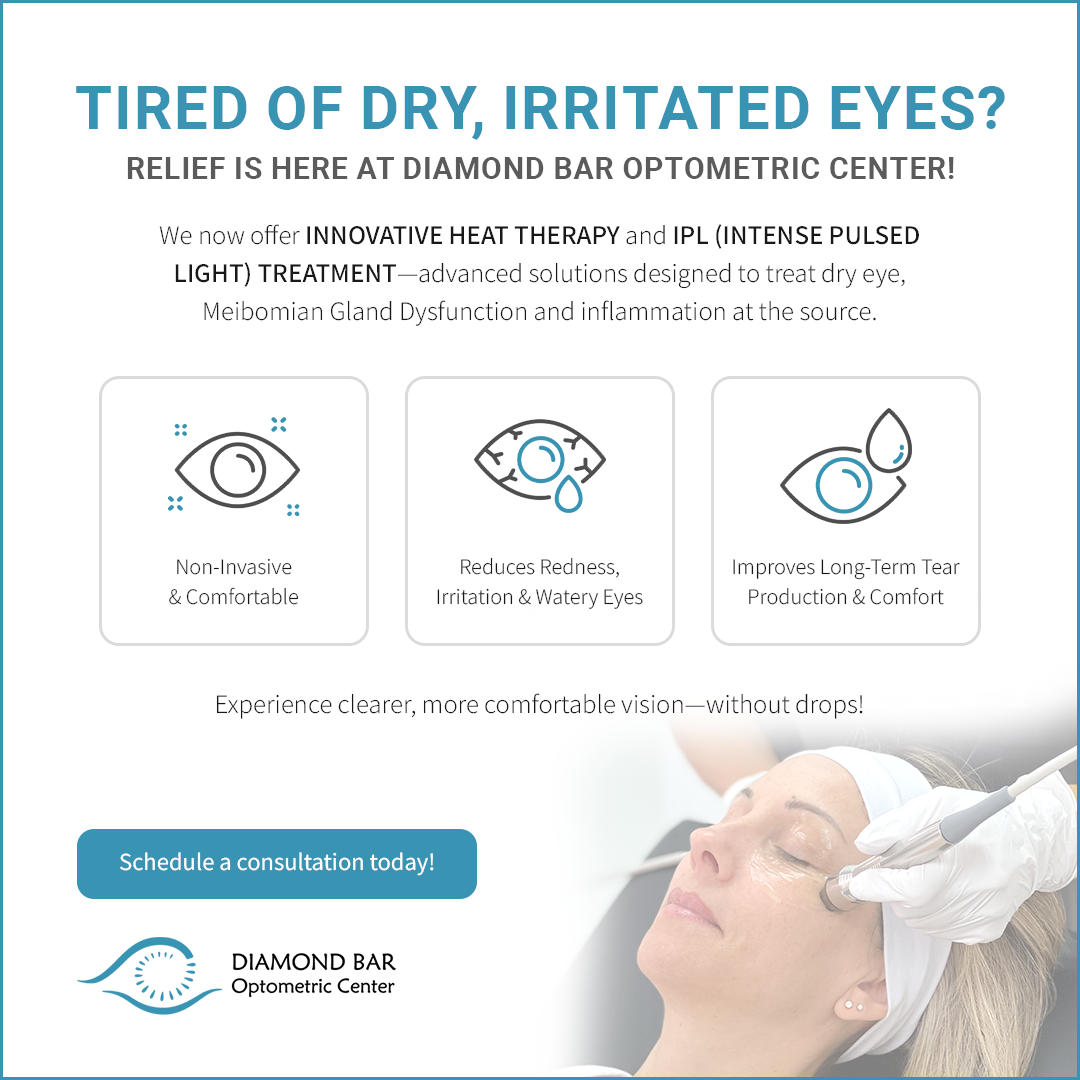
Nearsightedness or myopia is a refractive error that causes distant objects to appear blurry. It affects millions worldwide and still increasing rapidly. It is a manageable condition, but many wonder if it has a cure.
Does Myopia Have a Cure?
Nearsightedness occurs when the eyeball becomes too long or the cornea and eye lens curve too much. It causes light to focus before the retina rather than on it, resulting in blurry vision when looking at distant objects.
Myopia can develop in childhood and often progresses throughout adolescence and early adulthood, although it can also develop later in life. Unfortunately, myopia does not have a cure. However, many treatments are available to manage the condition and prevent it from worsening.
Corrective Lenses
The most common treatment for myopia is corrective lenses. These include glasses or contact lenses. The lenses alter how light enters the eye, allowing it to focus properly on the retina. Glasses and contact lenses improve visual acuity and reduce myopia symptoms. However, they do not cure the condition.
Refractive Surgery
Refractive surgery, also known as laser eye surgery, is a surgical procedure that can correct myopia by reshaping the cornea. Your dentist will remove a small amount of tissue from the cornea using a laser, changing its shape. The surgery allows light to focus correctly on the retina.
Refractive surgery provides a permanent solution and eliminates the need for corrective lenses. However, it is not suitable for everyone. The procedure also involves risks, such as infection and overcorrection.
Orthokeratology
Orthokeratology or ortho-k is a nonsurgical treatment for nearsightedness. It involves the use of custom-made contacts worn overnight. The lenses reshape the cornea while you sleep, allowing you to see clearly during the day without needing corrective lenses.
Ortho-k is a popular option for individuals who are not suitable candidates for refractive surgery or who prefer to avoid putting on glasses or contact lenses during the day. However, it is not a cure for myopia. Its effects are also temporary, lasting only a day or two.
Atropine Eye Drops
Atropine eye drops are a treatment that can slow myopia progression in children. The drops relax the eye muscle that controls its shape, preventing the eyeball from elongating and worsening myopia. Atropine drops are ideal for children with progressive nearsightedness. The treatment can last for several years.
Multifocal Contact Lenses
Multifocal contact lenses correct multiple vision problems like myopia. The lenses contain different prescriptions in diverse parts of the lens, allowing them to correct both near and distant vision. Multifocal contact lenses are ideal for those who do not like wearing glasses. However, they can be more expensive than traditional contacts.
Vision Therapy
Vision therapy aims to improve how the eyes work together and how the brain processes visual information. It involves a series of exercises and activities designed to enhance visual skills like eye coordination or depth perception. It is not a cure for myopia, but it can benefit people with underlying vision problems contributing to their nearsightedness.
For more information on myopia, visit Diamond Bar Optometric Center at our office in Diamond Bar, California. Call (909) 861-4999 to book an appointment today.





